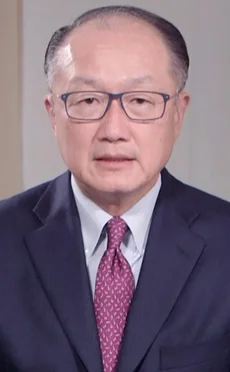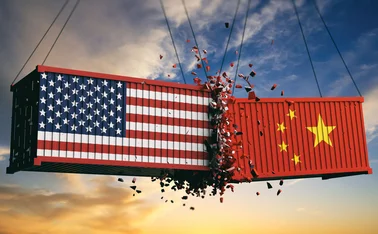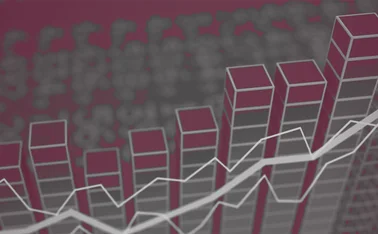
Breaking down global barriers


Sustainable development, and the response and co-operation required of global leaders to achieve it, is so important at this difficult moment in our world’s history. Unlike the global financial crisis that began in 2007–08, the enormous disruption caused by the Covid-19 pandemic has impacted everyone on earth. The impact of its public health and economic crises is far more severe on developing countries, which remain in desperate need of the kind of investments and opportunities that have transformed China.
I will never forget my first trip to China in 2012 as president of the World Bank Group. Having grown up in a small town in the Midwestern US, my head was filled with stories of the terrible poverty in China. But, on visiting Beijing, I was stunned by the transformation that had led to the lifting of 800 million people from poverty in just three decades.

As I studied the Chinese path of development, I learned there are some fundamentals that have not, and will not, change as we think about comprehensive and sustainable development in the post-Covid-19 era.
The first lesson is that investment in infrastructure is critical. Towards the end of my tenure at the World Bank, I visited Guizhou, at the time the third-poorest province in China. Even there, the transport, energy and telecommunications infrastructure was extremely impressive. Guizhou was well on its way to becoming an important hub of global e-commerce, specialising in the export of everything from gooseberries and spicy chicken to Maotai, a popular liquor. The strategy was clear: put the fundamental infrastructure in place and then create opportunities for entrepreneurship, global connection and economic success.
For countries in Africa, Latin America, and south and Southeast Asia, the need for infrastructure investment and global trade have never been greater. I left the World Bank in 2019 to bring more private sector investment into emerging market infrastructure, but Covid-19 has slowed everything down. Investments in infrastructure should be one of the priorities in helping developing countries recover more quickly from the pandemic. Better roads, ports, electrical grids and telecoms capacity will be essential for job creation and economic growth.
Investments in infrastructure should be one of the priorities in helping developing countries recover more quickly from the pandemic
The role of multilateral institutions such as the World Bank will always be critical. But there is not nearly enough money in multilateral or bilateral aid systems to meet the demand for infrastructure investment. The public and private sectors will have to find new ways to work together to truly give everyone the chance of a better life.
Another lesson we can learn from the experience of China, the Republic of Korea, Japan and so many other successful economies in Asia is that trade rules must remain open. The Regional Comprehensive Economic Partnership (RCEP), signed by 15 member countries in November 2020, represents almost 30% of the world’s population, and 30% of global GDP. Four countries have so far ratified the RCEP agreement and, once fully ratified, it will be the world’s largest trading bloc. I hope all member countries will move to quickly ratify the agreement so that, by 2022, we will see the benefits of this partnership for the region, and for the world.
As the former head of a global multilateral organisation, I have been concerned by the growth of inward-looking, nativist, xenophobic governments in many parts of the world. These developments are especially troubling at a time when global pandemics – such as we are experiencing with Covid-19 – and the threat of climate change require more co-operation, not less. There must be more support for multilateralism, and more commitment to working together and understanding each other across geographic, cultural and linguistic barriers.
I am looking forward to a new year of robust investment in emerging market infrastructure, strong growth in global trade and, most importantly, the kind of co-operation, consultation and collective response to our greatest challenges the world desperately needs.
Only users who have a paid subscription or are part of a corporate subscription are able to print or copy content.
To access these options, along with all other subscription benefits, please contact info@centralbanking.com or view our subscription options here: http://subscriptions.centralbanking.com/subscribe
You are currently unable to print this content. Please contact info@centralbanking.com to find out more.
You are currently unable to copy this content. Please contact info@centralbanking.com to find out more.
Copyright Infopro Digital Limited. All rights reserved.
As outlined in our terms and conditions, https://www.infopro-digital.com/terms-and-conditions/subscriptions/ (point 2.4), printing is limited to a single copy.
If you would like to purchase additional rights please email info@centralbanking.com
Copyright Infopro Digital Limited. All rights reserved.
You may share this content using our article tools. As outlined in our terms and conditions, https://www.infopro-digital.com/terms-and-conditions/subscriptions/ (clause 2.4), an Authorised User may only make one copy of the materials for their own personal use. You must also comply with the restrictions in clause 2.5.
If you would like to purchase additional rights please email info@centralbanking.com







